Adopting HR technology can seem daunting for small businesses, especially when working with a limited budget. However, leveraging low-cost HR tech solutions can significantly streamline processes, improve efficiency, and enhance employee satisfaction without breaking the bank.
What hidden treasures await small businesses that dive into the world of HR technology?
Operational Effectiveness:
Automating repetitive tasks such as payroll, attendance tracking, and benefits management can save significant time.
Improved Compliance:
HR tech solutions help ensure compliance with labour laws and regulations, reducing the risk of costly fines.
Enhanced Employee Satisfaction:
Enhanced HR processes contribute to higher employee satisfaction and retention.
Budget-Friendly HR Technology Solutions for Small Enterprises
Web-Based HR Solutions:
Explore affordable cloud-based solutions like GreyHR or Zoho People that offer comprehensive HR management features.
FOSS (Free and Open-Source Software):
Consider free tools like ZOHO implementation partners, GreyHR implementation or Keka expertise for basic HR functionalities without a hefty price tag.
Payroll and Attendance Management Applications:
Look for budget-friendly apps such as Keka or Zoho that simplify payroll and time management.
How can small businesses unlock the secret formula to HR tech ROI using metrics like cost per hire and productivity magic?
Evaluating the ROI of HR technology for small businesses involves several key steps. First, businesses should conduct a cost-benefit analysis, comparing the initial and ongoing costs of the HR tech solution against the potential savings from automating repetitive tasks, reducing manual errors, and streamlining processes.
Cost-Benefit Analysis:
Calculate the potential savings from reduced manual work and errors against the cost of the HR tech.
Productivity Metrics:
Track improvements in employee productivity and overall HR efficiency.
Employee Feedback:
Collect feedback from employees to measure their satisfaction with the new system and its impact on their daily tasks.
Ensuring Successful Adoption of HR Technology
For HR technology to be effective, it must be adopted successfully by your team. Here are some steps to ensure smooth implementation.
Employee Training:
Invest in training sessions to ensure employees are comfortable using the new system.
Clear Communication:
Clearly communicate the benefits and changes to all staff members. Transparency and open communication help gain employee support and buy-in.
Ongoing Support:
Choose vendors that offer robust customer support to help troubleshoot any issues that arise. Ongoing support ensures that any problems are promptly addressed, minimising disruptions.
The Strategic Impact: Leveraging HR Technology for Sustainable Organizational Growth.
Expandability:
As your business grows, scalable HR tech solutions can adapt to increased demands without significant additional costs. This scalability ensures that your HR processes remain efficient and effective.
Data-Driven Decisions:
Access to comprehensive HR data enables better decision-making and strategic planning. Data analytics can provide insights into employee performance, turnover rates, and other critical metrics.
Enhanced Employee Management:
Improved HR processes contribute to a more organized, efficient, and employee-friendly work environment. This enhances overall productivity and helps maintain a positive company culture.
Conclusion
Adopting HR technology need not strain small business finances. By leveraging cost-effective solutions, strategically evaluating ROI, and implementing efficient HR tech adoption strategies, businesses can enhance efficiency, ensure compliance, and boost employee satisfaction. This smart approach to HR implementation and tech adoption supports long-term success while managing costs effectively.


